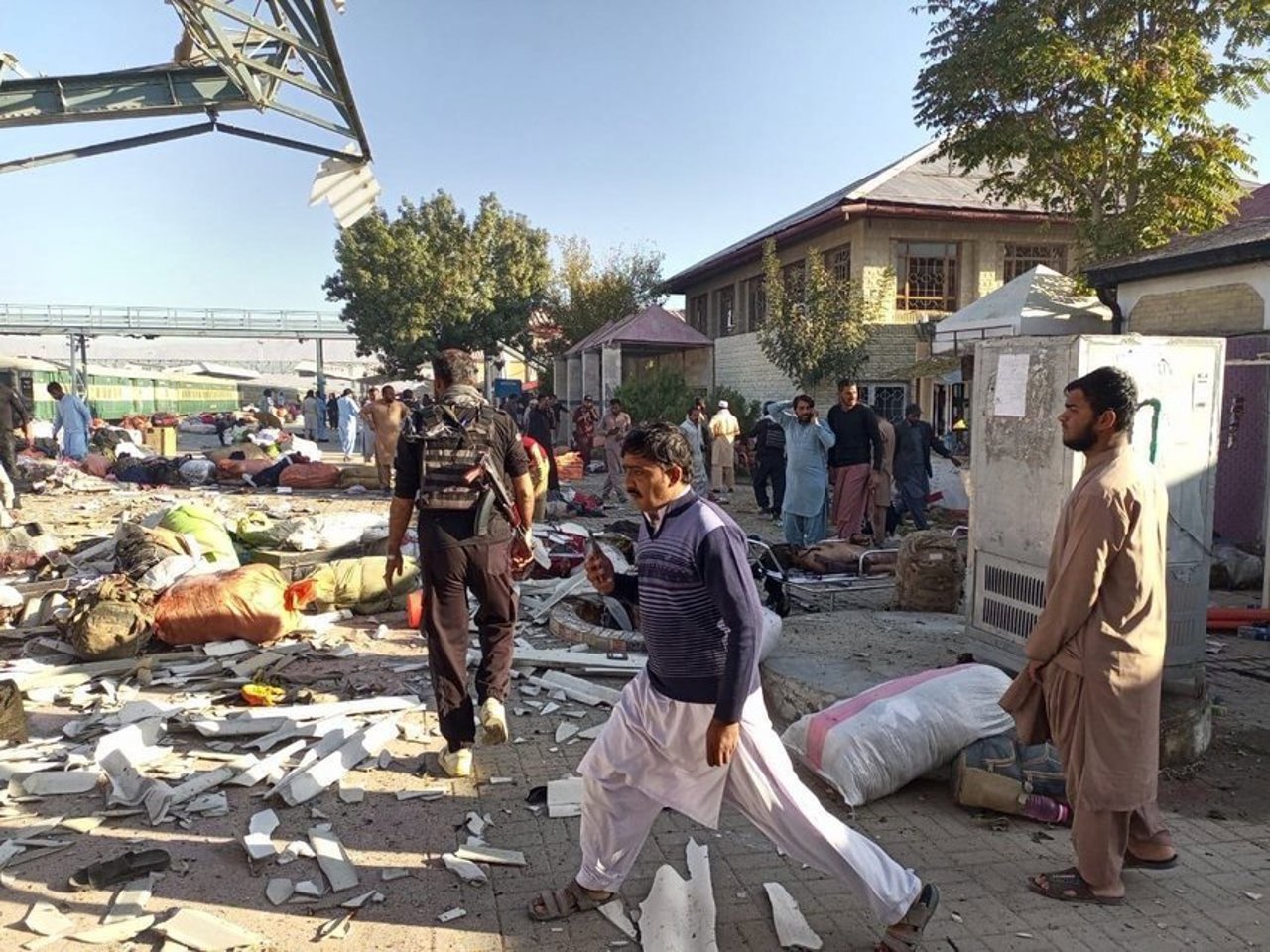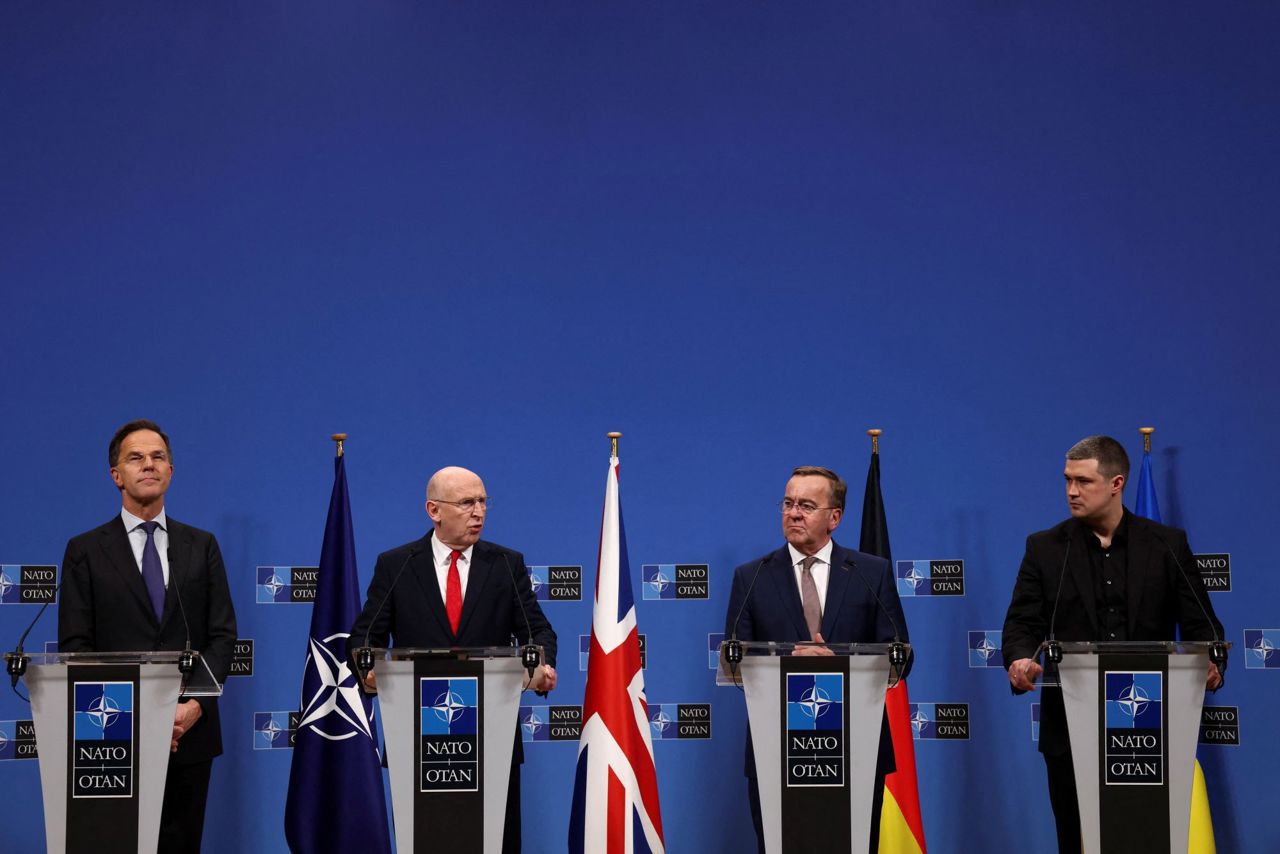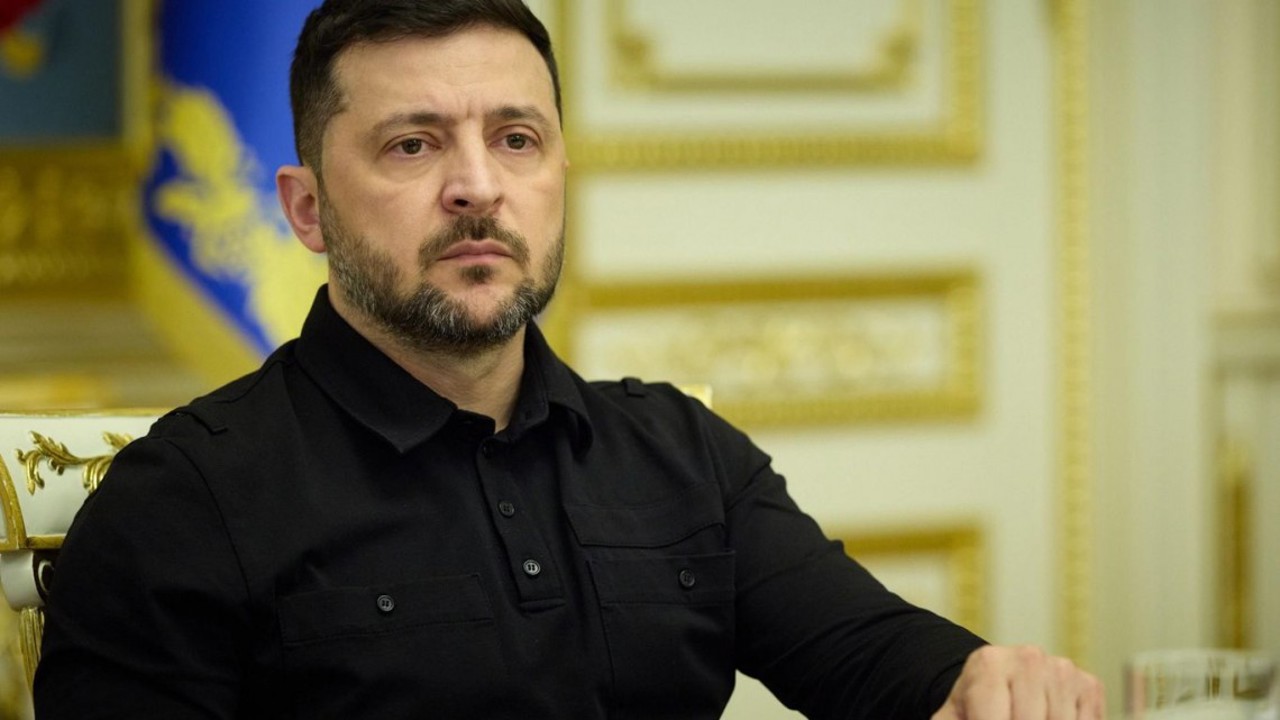Bomb explosion in Quetta kills 24, highlights Balochistan unrest
At least 24 people were killed, and more than 40 were injured in a bomb explosion at a train station in Quetta, southwestern Pakistan, on Saturday, according to statements by police and other officials to Reuters.

Pakistan is currently experiencing an increase in attacks by ethnic separatist militants in the southern province of Balochistan and by Islamist militants in the northwest. A decades-long insurgency has destabilised Balochistan, raising security concerns for projects seeking to access the province's untapped resources.
Mouzzam Jah Ansari, the Inspector General of Police in Balochistan, reported that, to date, 24 people have lost their lives in the explosion at the train station, which is typically crowded in the early morning.
“The intended target was the soldiers from the Infantry School,” Ansari said.
The Balochistan Liberation Army, a separatist militant group, took responsibility for the attack in a statement emailed to Reuters.
Senior Superintendent of Police Operations, Muhammad Baloch, stated that the explosion appeared to be a suicide bombing and that investigations are ongoing to gather further information.
“The explosion occurred within the station as the express train bound for Peshawar was about to depart,” Baloch noted.
#BREAKING: 21 killed and over 30 injured in a bomb blast at Quetta Railway Station in Balochistan. Baloch Liberation Army claims responsibility for the attack on Pakistan Army’s unit while they were in Jaffer Express Train. Casualties likely to increase. pic.twitter.com/ob2on4rJ7M
— Aditya Raj Kaul (@AdityaRajKaul) November 9, 2024
In August, at least 73 people were killed in Balochistan following attacks by separatist militants on police stations, railway lines, and highways. The August attacks were among the most widespread in recent years by militants engaged in a decades-long insurgency aiming for secession of the resource-rich southwestern province, which hosts major Chinese-led projects, including a port and a gold and copper mine.
Translation by Iurie Tataru






